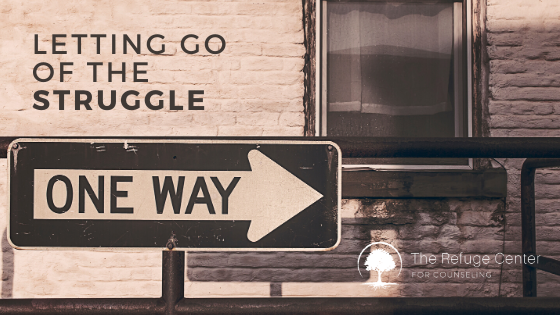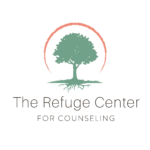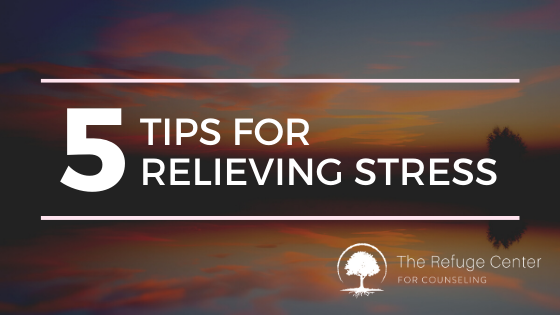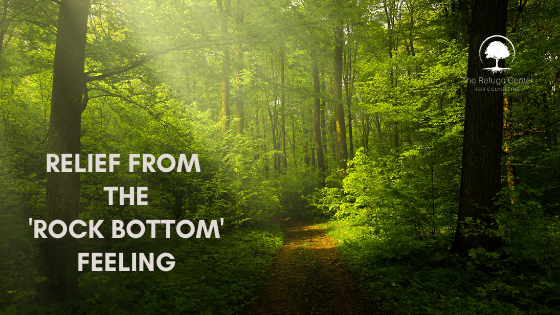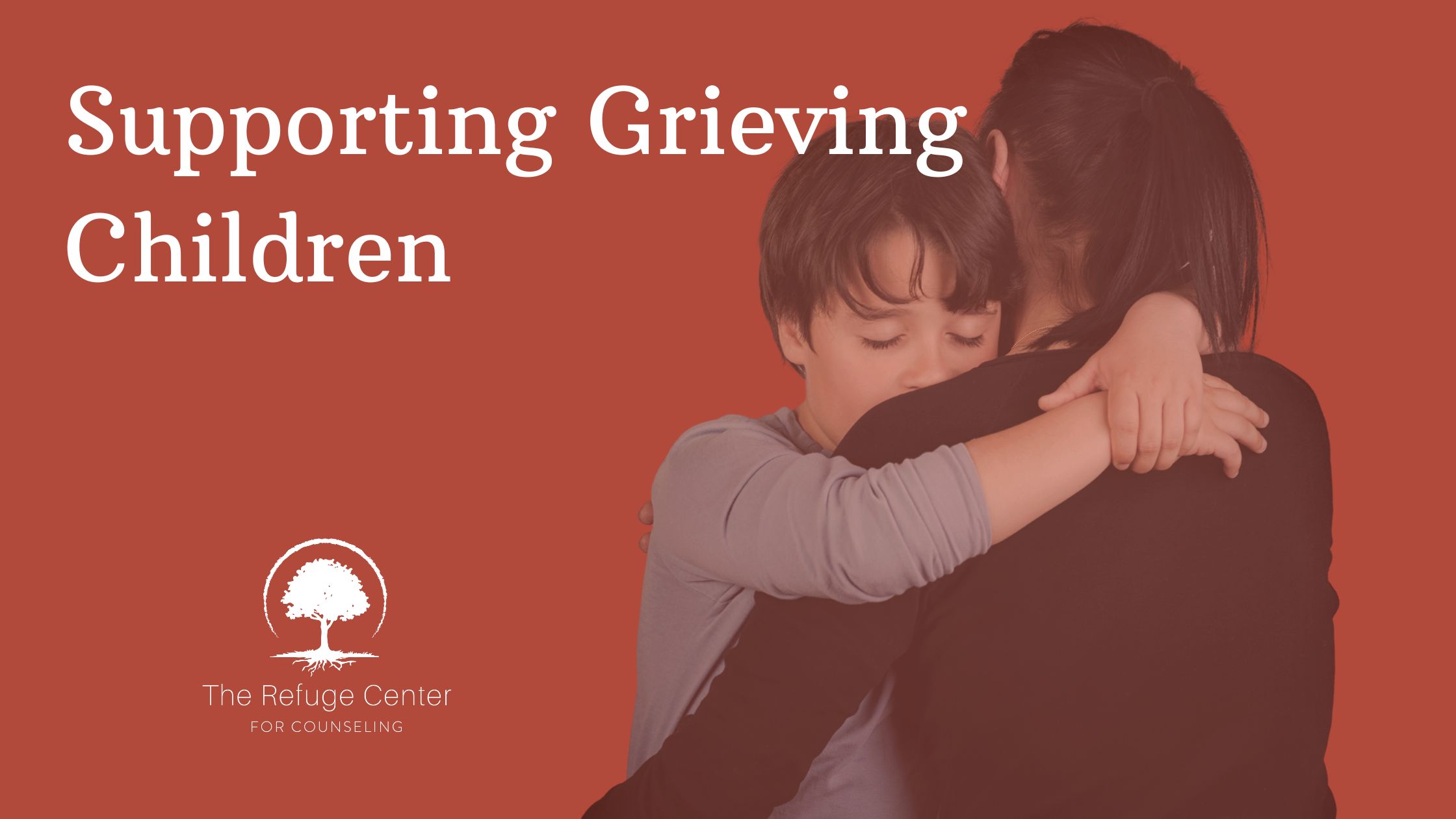Life can be hard.
The ways we learn to cope with life’s pain can be learned in childhood or during a tough season of adulthood. We learn patterns of coping from a young age and often these same ways of coping that helped us survive in childhood become cumbersome later in life.
Sometimes, after a season of hardship or struggle, we can forget what it feels like to be in a healthy cycle of rest, times with a healthy amount of stress that is followed by another time of rest. Some common coping behaviors are drinking, worrying when there’s no clear benefit, getting used to chaos and struggling to enjoy good times when things get easier.
A good example of this is the usefulness of snow chains on a tire when it’s snowing outside. When the weather is bad, those snow chains are essential, you couldn’t get anywhere without them!
But what about when it’s summer and the roads are dry and dusty? I am not a mechanic, but I do know that in that scenario, snow chains would be harmful, not helpful.
We can think of our own learned coping mechanisms in the same way. When we were in childhood or going through a hard time following a death in the family as an adult for example, we needed those coping mechanisms to keep us afloat. When the sun comes back out and life is good again, how do we take off the snow chains from our proverbial tires? Well, one way to start examining those things that have helped us cope in the past, but may not be as helpful now, is to just start observing when you do that behavior.
An article on the Good Therapy website describes this struggle in these words:
“Oddly enough, painful feelings can be comfortable, especially if they’re all you know. Some people have trouble letting go of their pain or other unpleasant emotions about their past because they think those feelings are part of their identity. In some ways, they may not know who they are without their pain.”
So, who would you be without your pain and negative coping mechanisms?
Some good ways to start learning this about yourself is through these three options:
- Beginning therapy
- Finding your trigger points. When do you feel a spike in those anxious and painful feelings?
- Observe them, but don’t judge. Simply start becoming aware when and how often you engage in that behavior.
If you’d like to begin therapy and explore these topics, give us a call at 615-591-5262.
Cohen, I. S. (2017, Aug 7). Important Tips on How to Let Go and Free Yourself.
Retrieved from https://www.goodtherapy.org/blog/psychpedia/coping-mechanisms
Written by Refuge Center Masters Level Counseling Intern Tiffany Miller.
Share this post
Share on facebook
Share on google
Share on twitter
Share on linkedin
Share on pinterest
Share on print
Share on email
About Us
Who We Serve
Get Involved
-
Connections Lunch
-
Sponsorship Opportunities
-
Volunteer
-
Internship Opportunities
-
Post Master’s Fellowship Program
What’s Happening
Follow Us
Instagram
Facebook
Twitter
Youtube
Pinterest
The Refuge Center for Counseling is a 501c3 nonprofit organization (20-3831943). We are also a United Way of Williamson County Partner Organization.

